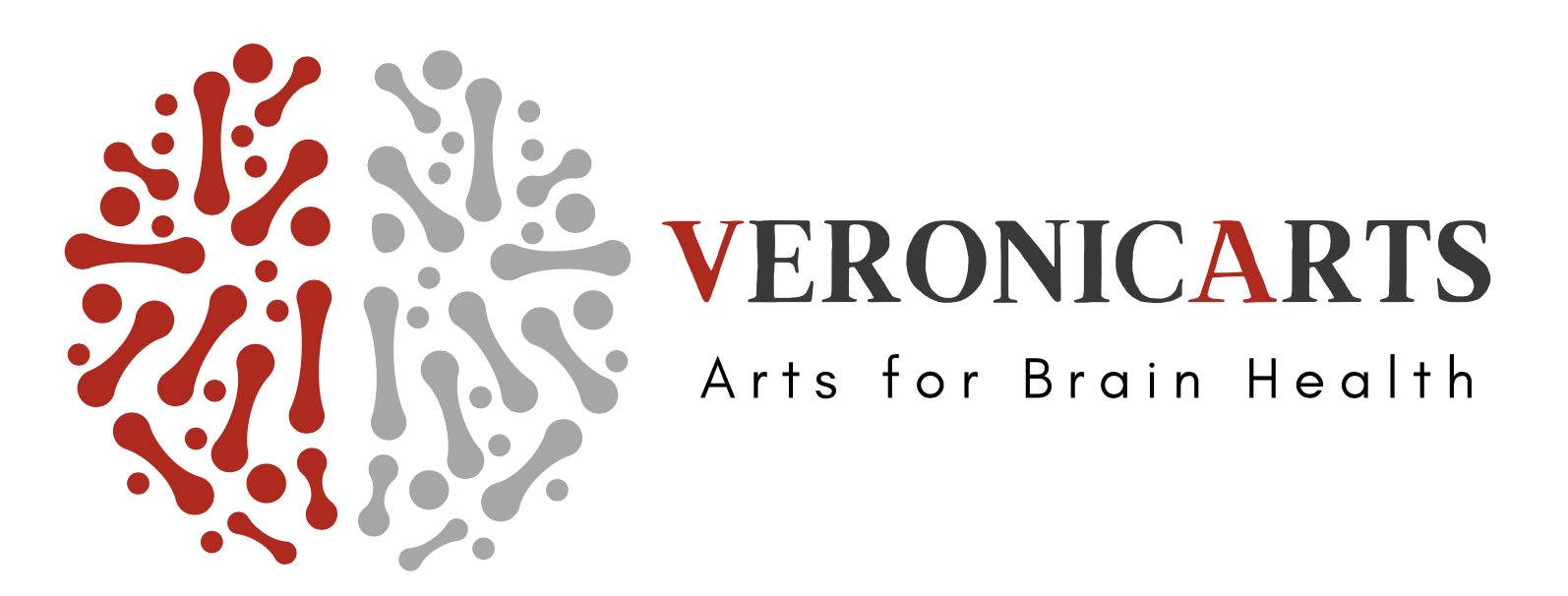Acting in a way different from usual requires the brain to respond to a novel set of stimuli, causing new neutrons to develop and adapt, giving drama protective qualities against cognitive decline.
Creating and enacting scenarios with a drama group, in allowing individuals to improvise and develop significant or amusing experiences together, can act as a medium to alleviate depression, which may be a symptom when undergoing assessment for a potential dementia. As Sir Richard Eyre, the director and patron of Arts 4 Dementia, advises continuing the discipline of learning lines. Whatever the genre – classical, rock, pop, community choir, orchestra or band – music has a vital role to play to help preserve brain health. As co-host, Sir Muir Gray points to evidence that we can prevent, delay, slow down, even reverse dementia and to do this we have to increase activity – physical, cognitive and emotional “Few better ways of doing that than through drama.” Chair Dr Peter Bagshawe talks of reducing metabolic syndrome, obesity, loneliness, that cognitive stimulation is recommended NICE procedure [ “post diagnosis” – but we need NICE guidance amended to “peri-diagnosis”]. Dr Sheila McCormick discusses ageism, othering and intergenerational practice. Elders directors of the Royal Exchange Theatre Manchester, Leeds Playhouse, Southwark Playhouse and Open Age present a range of drama opportunities for brain health. Among guidance shared by London Arts in Health is the Arts and Culture Social Prescribing Mythbuster, the PartnerUp schema to build creative partnerships and examples of best practice in Culture on Prescription.
CHAIR: Dr Peter Bagshawe GP, Clinical Lead for Dementia for the South West Mental Health Clinical Network
CO-HOSTS:
- Veronica Franklin Gould (VeronicArts and A4D)
- Sir Muir Gray, Director, University of Oxford’s Optimal Ageing Programme
PANELLISTS:
- Dr Sheila McCormick, Senior Lecturer, BA Programme Leader in Theatre and Performance, University of Salford
- Andy Barry, Elders Company, Royal Exchange Theatre, Manchester
- David Workman, Artistic Director, Elders Company & Encore, Southwark Playhouse, London
- Machteld De Ruyck, Older People’s Programme Manager, Heydays, Leeds Playhouse
- Jenny Marshall and Bee Bussell, Open Age, London
- Anna Woolf, London Arts in Health, Regional Champion, Culture Health and Wellbeing Alliance
The webinar series is produced in partnership with Sir Muir Gray of the Optimal Ageing Programme at the University of Oxford and with Arts 4 Dementia.

